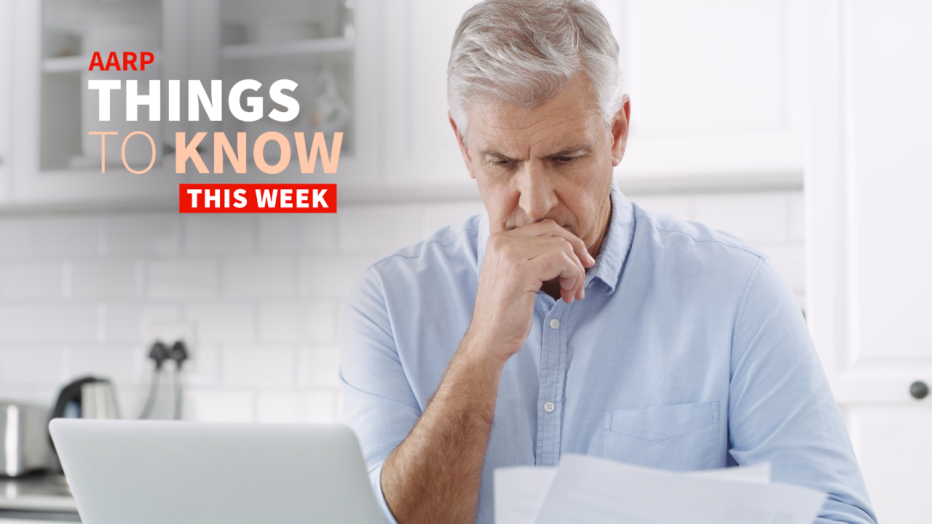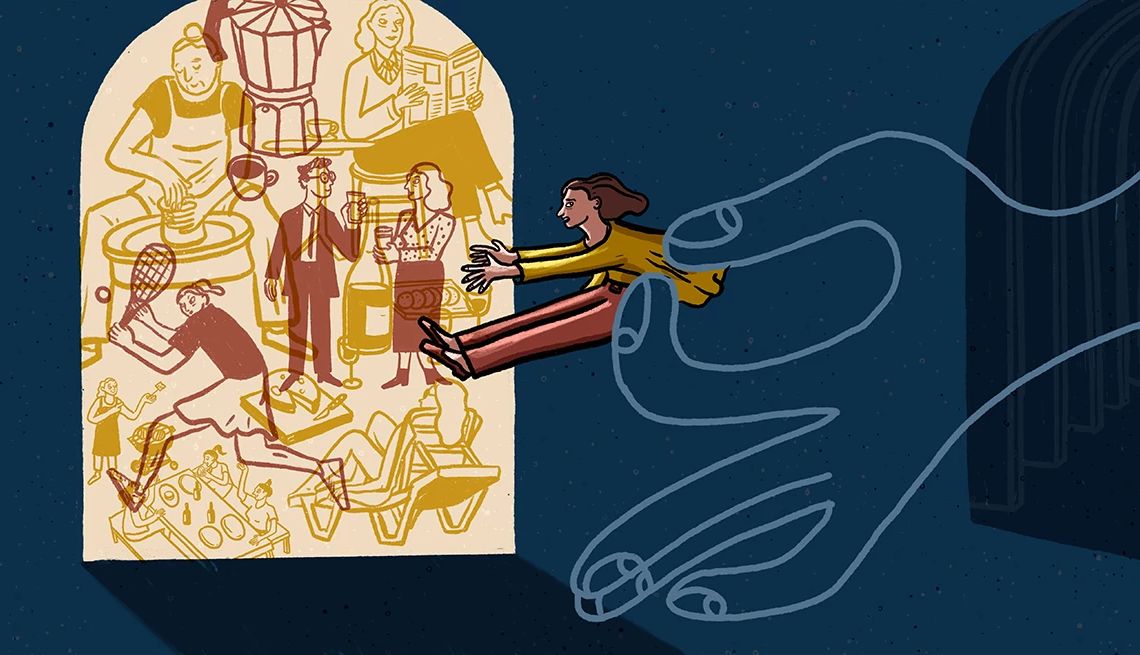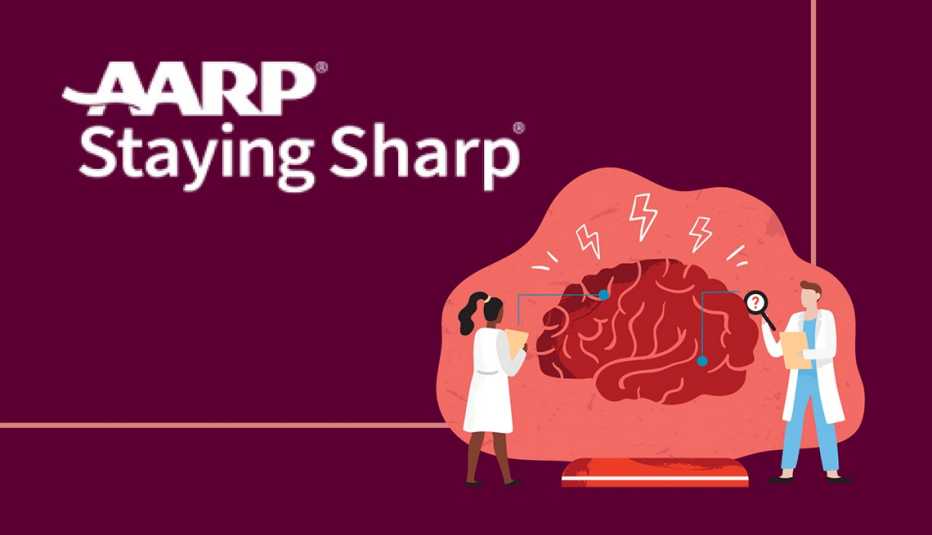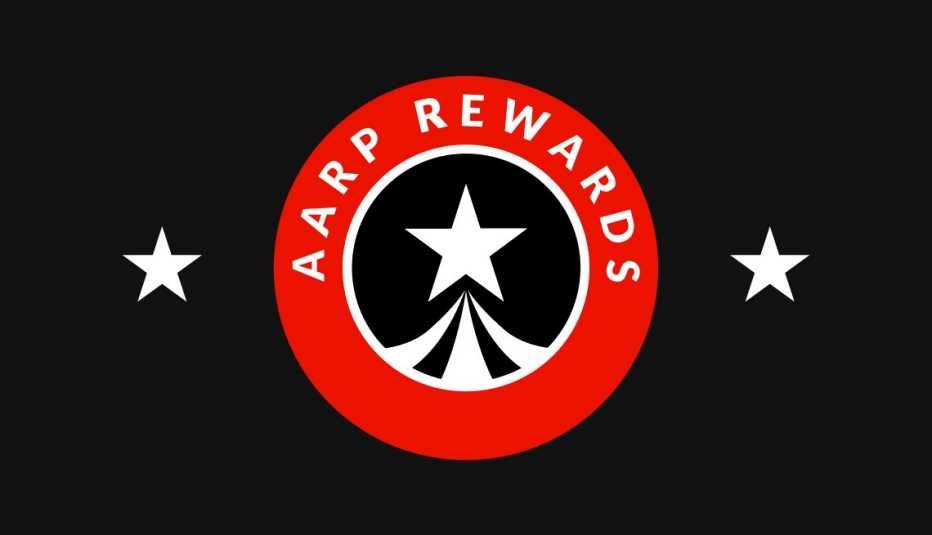AARP Hearing Center
CLOSE
Search
Popular Searches
Suggested Links
Leaving AARP.org Website
You are now leaving AARP.org and going to a website that is not operated by AARP. A different privacy policy and terms of service will apply.
Caregiver Life Balance
Advice on how to avoid burn-out while juggling family caregiving with work and childcare responsibilities
Explore hundreds of AARP benefits, including a wide range of discounts, programs and services.
Self Care for Caregivers
AARP in Your State
Find AARP offices in your State and News, Events and Programs affecting retirement, health care and more.



































































